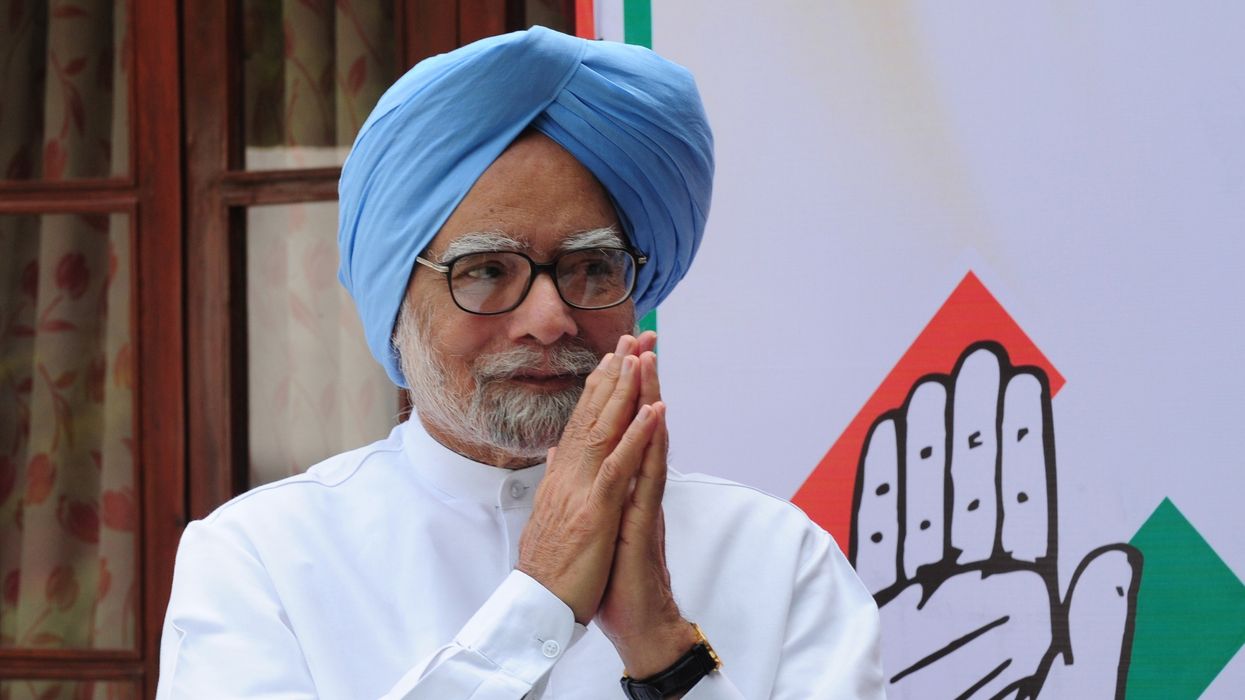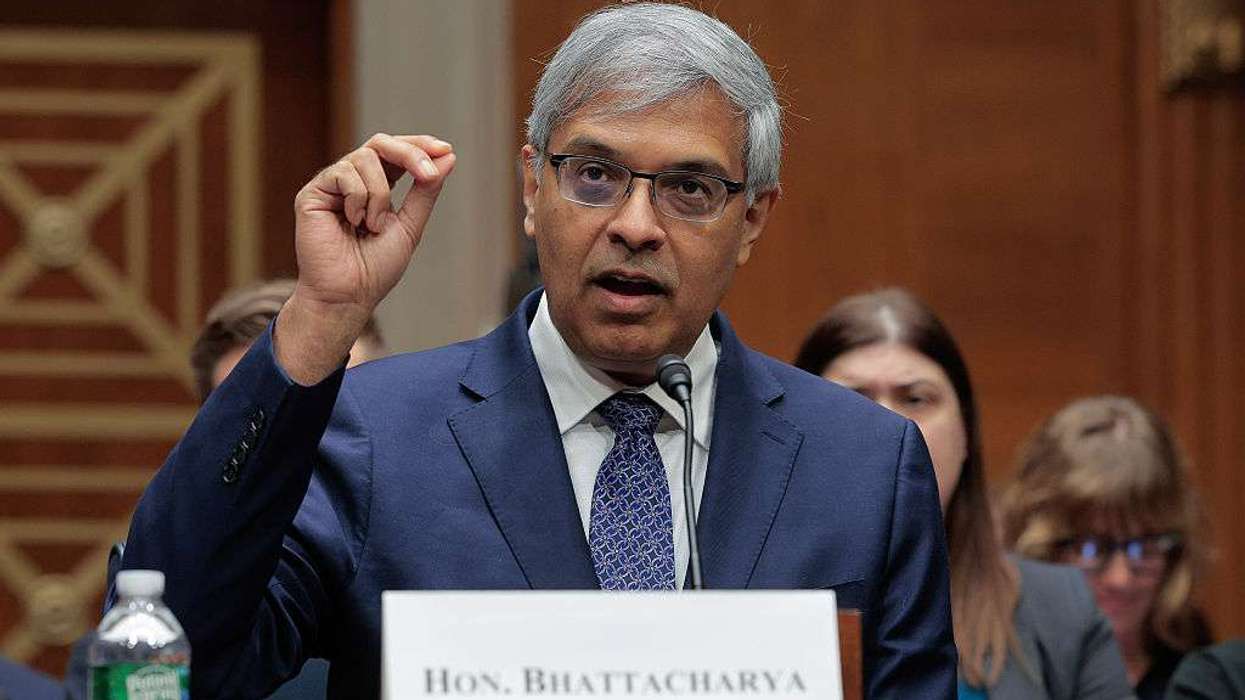INDIA's former prime minister, Manmohan Singh, passed away on Thursday at the age of 92. The first Sikh to hold the office, Singh was being treated for age-related health issues. He was admitted to a hospital after a sudden loss of consciousness, where he later died.
Singh was widely regarded as one of India's most accomplished leaders. Known for his quiet and measured approach, he served as prime minister for two terms and is credited with steering the country towards significant economic reforms and growth.
Prime minister Narendra Modi expressed his condolences, saying, "India mourns the loss of one of its most distinguished leaders, Dr. Manmohan Singh Ji." He praised Singh’s extensive contributions as both an economist and a politician.
Dr. Manmohan Singh Ji and I interacted regularly when he was PM and I was the CM of Gujarat. We would have extensive deliberations on various subjects relating to governance. His wisdom and humility were always visible.
In this hour of grief, my thoughts are with the family of… pic.twitter.com/kAOlbtyGVs
— Narendra Modi (@narendramodi) December 26, 2024
Born into a poor family in what is now Pakistan, Singh overcame significant challenges in his early life. Studying under candlelight, he earned a place at Cambridge University and later completed a doctorate at Oxford University with a thesis on the role of exports and free trade in India's economy.
Singh’s career began in academia and economics, where he gained respect as an economist, serving as the governor of the Reserve Bank of India and as a government adviser.
He had no intention of entering politics but was unexpectedly appointed finance minister in 1991. During this critical period, he implemented reforms that resolved a severe balance of payments crisis and opened India’s economy to global markets.
His maiden budget speech featured the now-famous quote from Victor Hugo: "No power on earth can stop an idea whose time has come," referring to India's emergence as an economic power.
In 2004, Singh's ascent to the role of prime minister was equally unexpected. Sonia Gandhi, leader of the Congress party, chose him to take on the position after the party’s surprise election victory, citing concerns that her foreign ancestry might be used by opponents to undermine the government.
During his tenure, Singh presided over an era of rapid economic growth. His government introduced several welfare schemes, including a rural jobs programme aimed at alleviating poverty.
In 2008, he achieved a major milestone with the signing of a nuclear agreement with the United States, allowing peaceful nuclear trade for the first time in decades and strengthening ties between New Delhi and Washington.
Despite these successes, Singh faced challenges during his premiership. His efforts to further liberalise the economy were often hindered by disagreements within his party and coalition partners.
In his second term, his government faced allegations of corruption, leading to mass protests and tarnishing the administration’s reputation.
Singh was widely seen as a leader of integrity, known for his simple lifestyle and honesty. However, critics argued that he failed to act decisively against corruption within his government. As economic growth slowed and political controversies grew, his government struggled to maintain its earlier momentum.
In 2012, the Congress-led coalition lost its majority after a key ally withdrew support over policy disagreements, particularly on allowing foreign supermarkets in India.
By 2014, the Congress party suffered a major defeat to the Bharatiya Janata Party, led by Narendra Modi, who campaigned on promises of economic revitalisation and anti-corruption measures.
Reflecting on his tenure, Singh remained steadfast in his belief that history would judge him fairly.
At a press conference shortly before leaving office, he said, "I honestly believe that history will be kinder to me than the contemporary media or, for that matter, the opposition parties in parliament."
Manmohan Singh is survived by his wife and three daughters.
(With inputs from Reuters)




